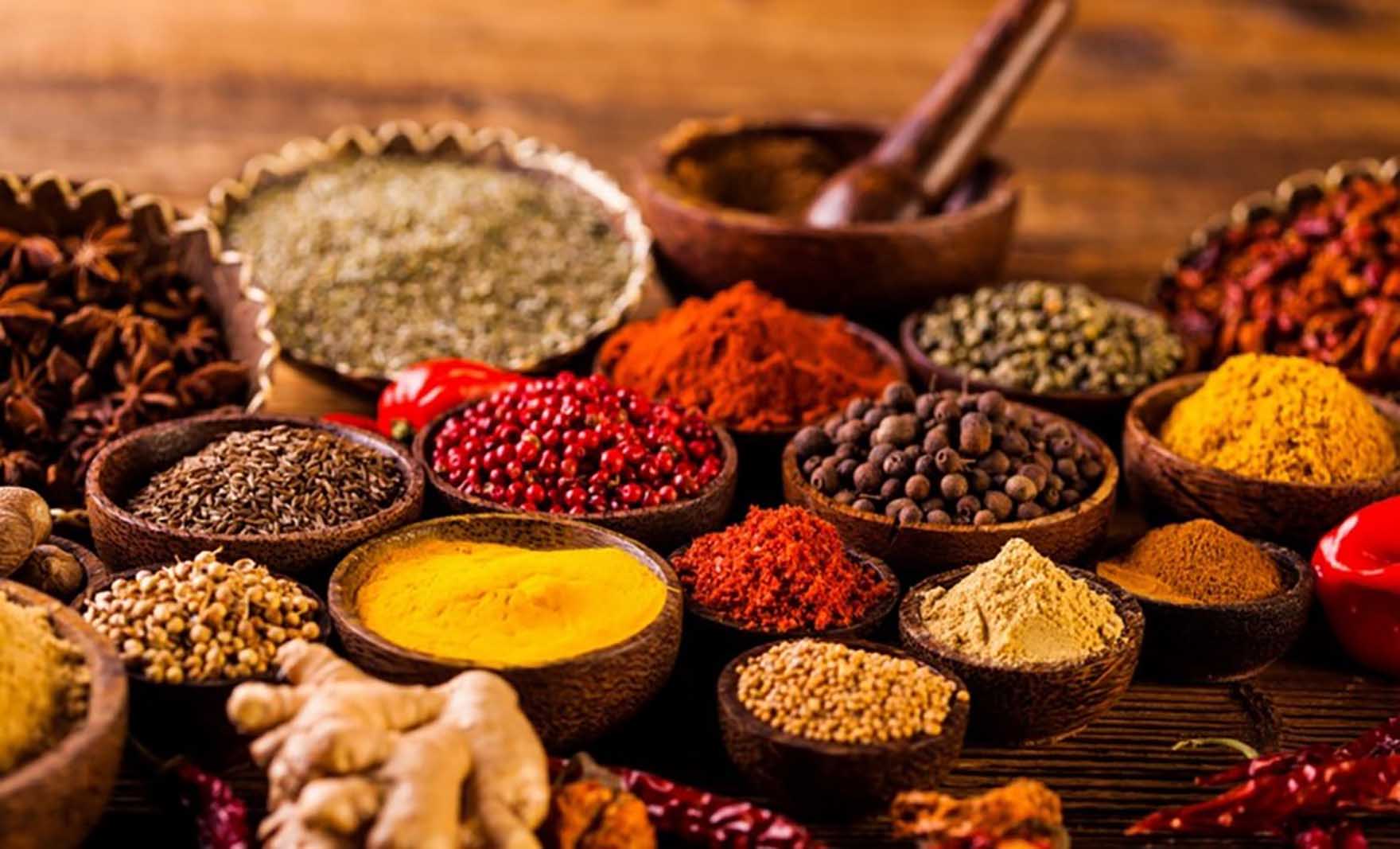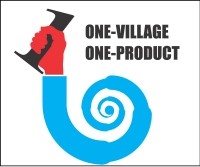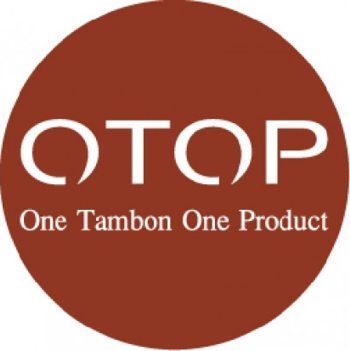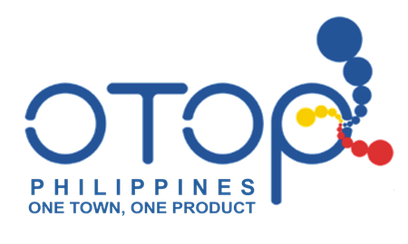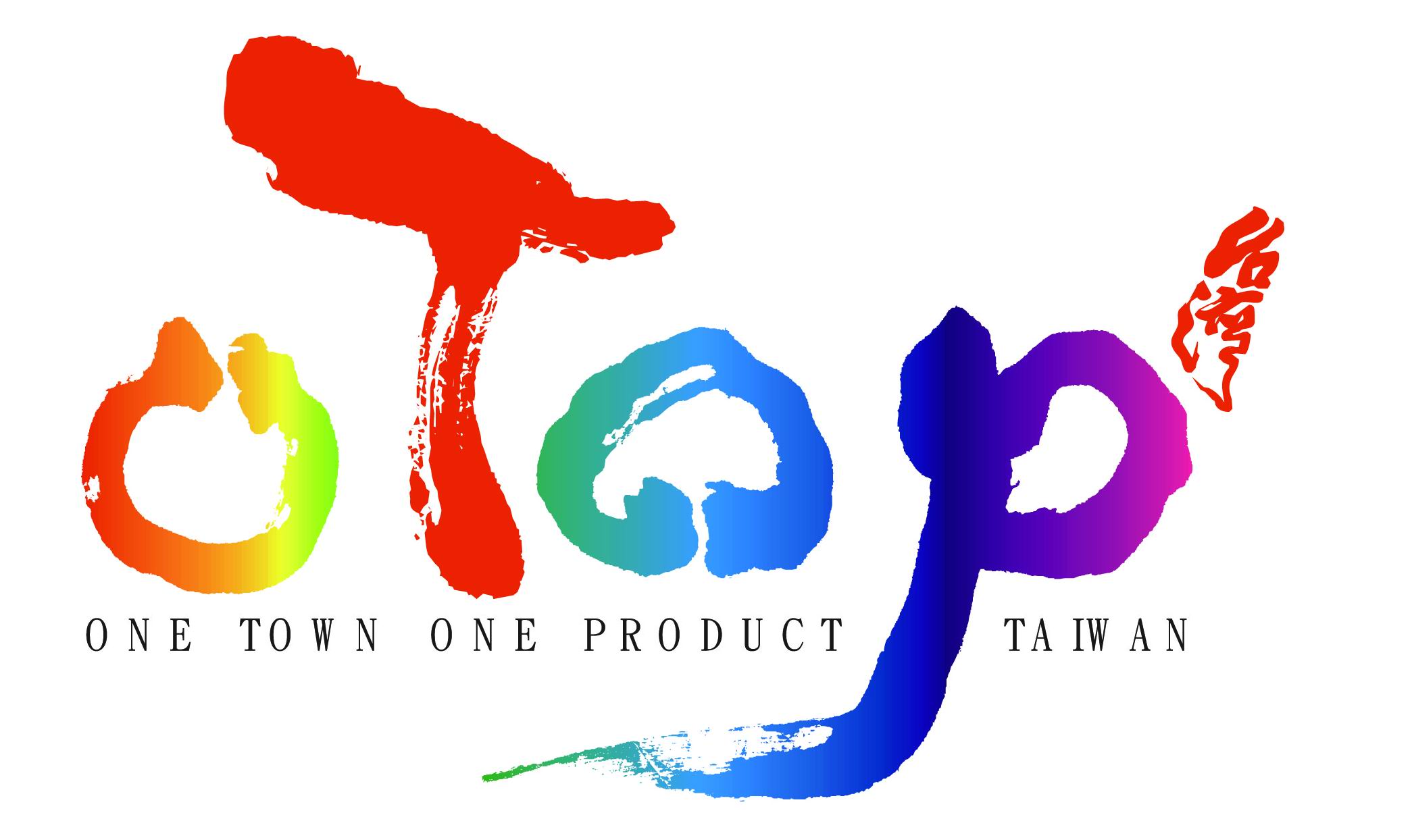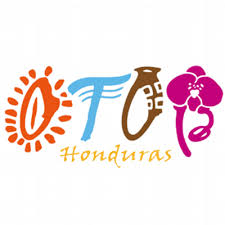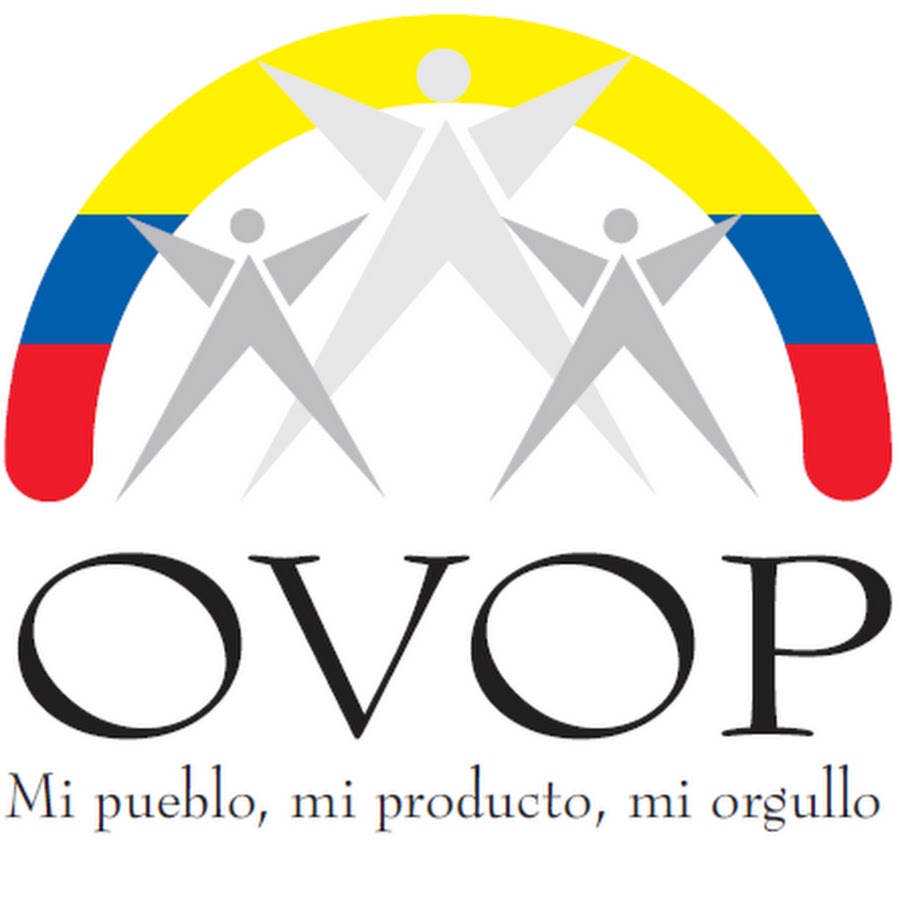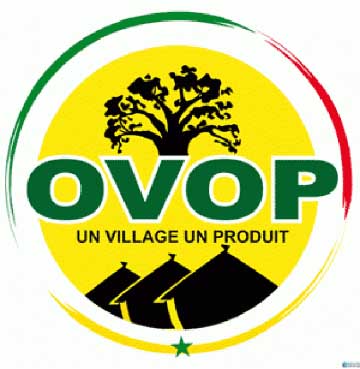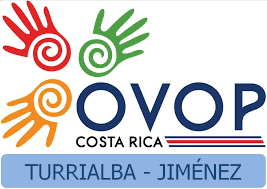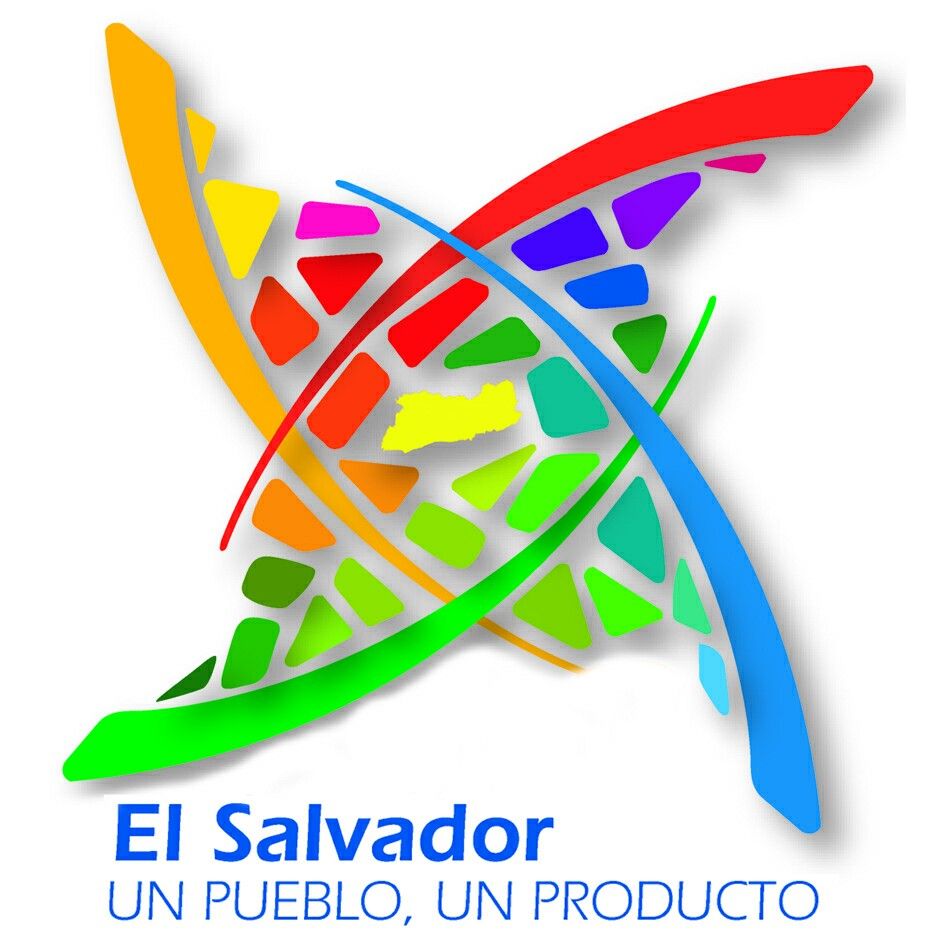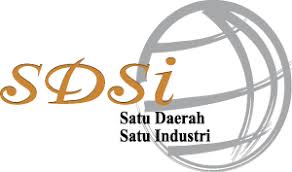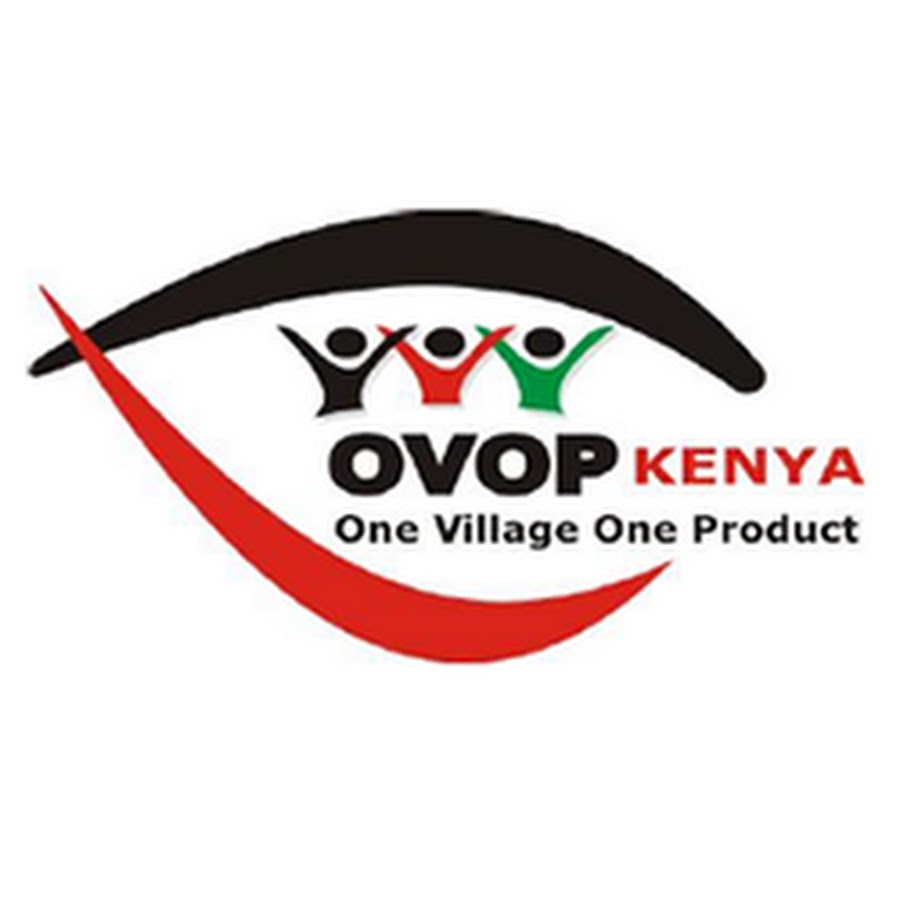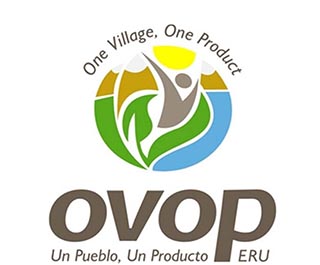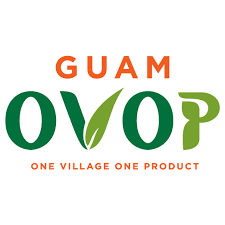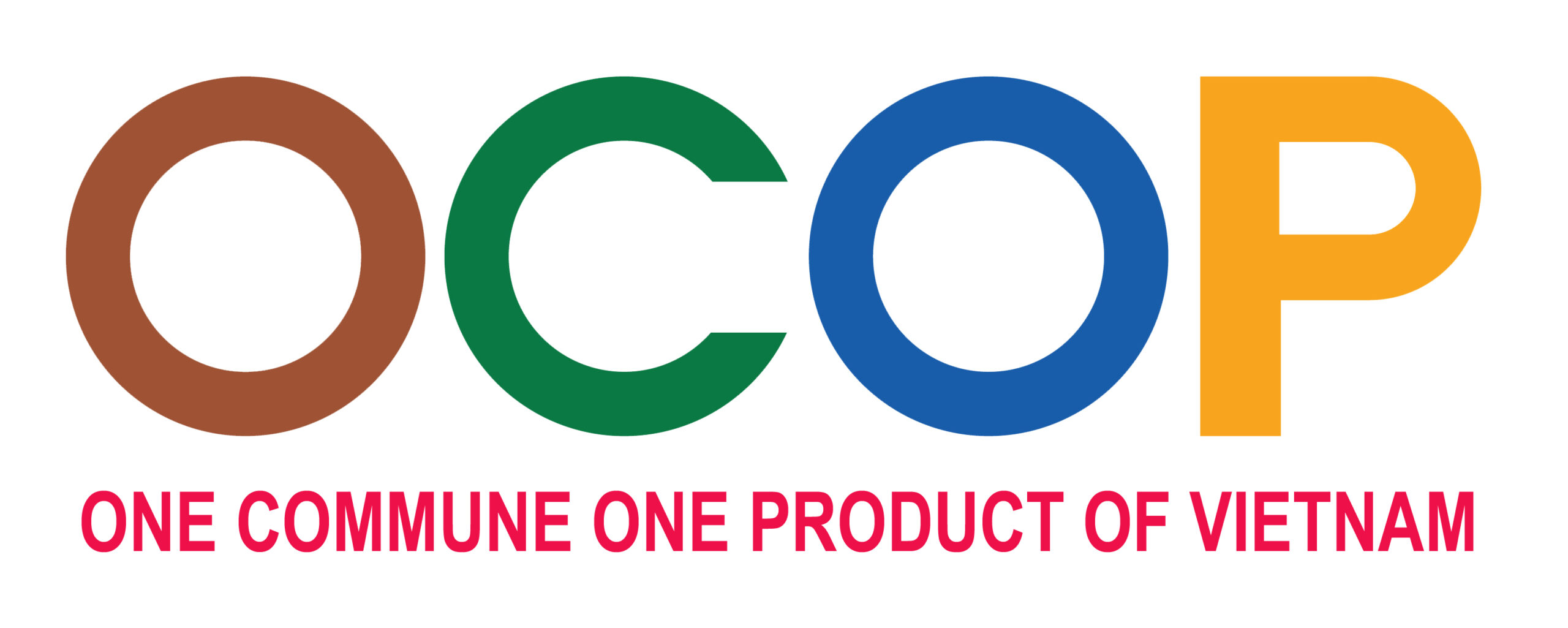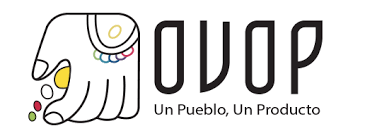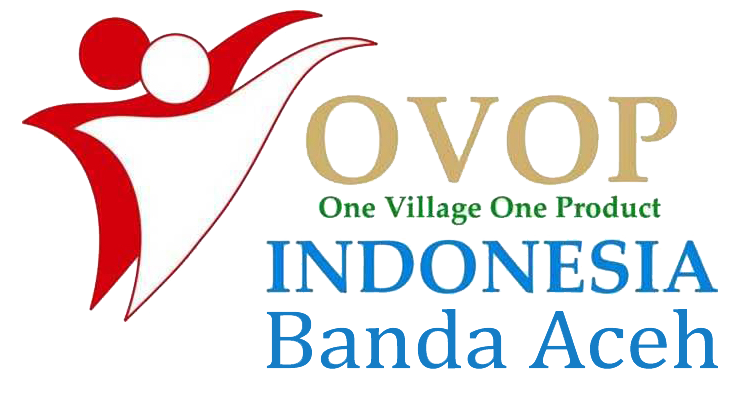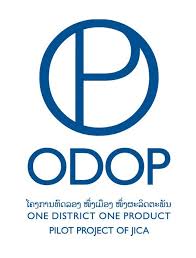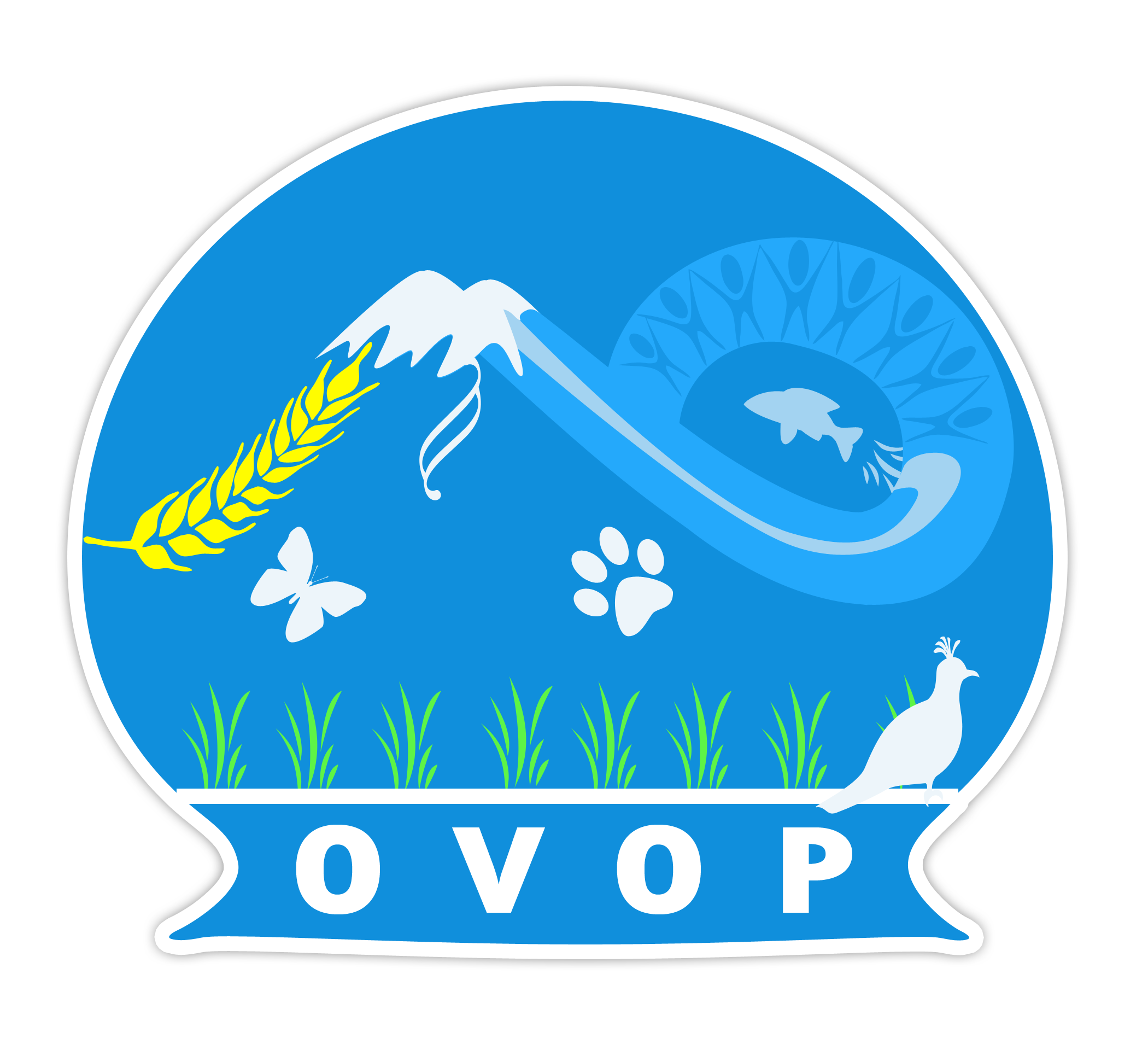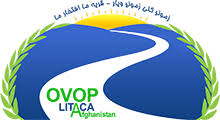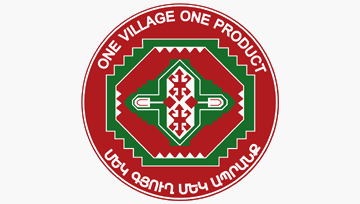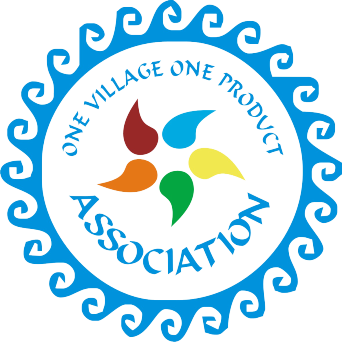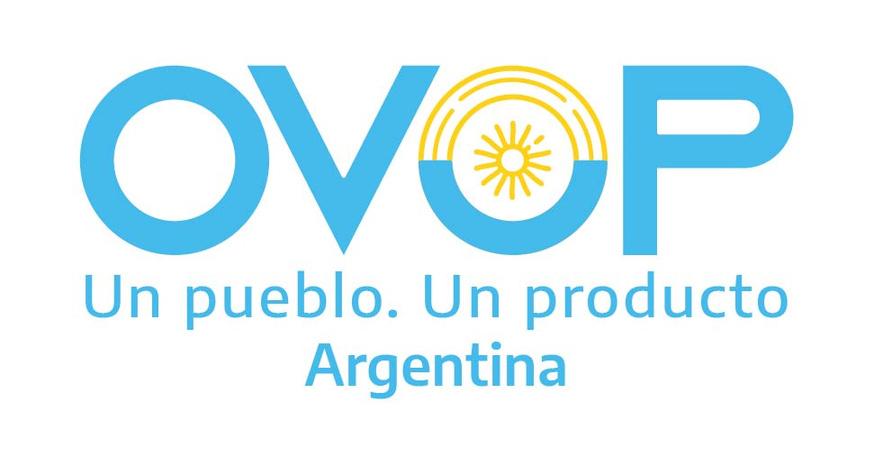Increasing consumer demand for natural supplements and an ageing population make Europe a promising market for natural ingredients for health products. European companies are launching new natural health products and some are replacing synthetic ingredients with natural ones in product formulations. European consumers are also receptive to trying complementary and alternative medicines, which is also stimulating demand for natural ingredients. Western European countries appeal the most to exporters of natural ingredients in developing countries.
In the context of this report, health products are defined as substances such as vitamins, minerals, supplements, traditional medicines, herbal medicines and homeopathic preparations. Natural ingredients used in health products can have functional and active properties. This report analyses demand for natural ingredients for health products, including essential oils, botanicals, such as turmeric, baobab, moringa, açai berry, aloe vera, seaweeds and plant-based proteins.
What makes Europe an interesting market for natural ingredients for health products?
Europe is a significant producer, exporter and consumer of pharmaceuticals. It is an important market for pharmaceuticals, nutraceuticals and complementary and alternative medicine products. The market is forecast to grow partly because Europe has an ageing population. Consumer demand for healthier and more natural products with greater efficacy is encouraging European companies to invest in research and development and look for natural ingredients.
There are many opportunities in the European market for suppliers of natural ingredients from developing countries. Demand for natural ingredients is increasing, including those from developing countries, especially because many such ingredients have functional and unique properties.
The global market for pharmaceuticals grew to USD 1.2 trillion in 2018, an increase of USD 100 billion compared to 2017, according to IQVIA. The market is expected to grow at a compound annual growth rate of 3 to 6 percent to USD 1.5 trillion by 2023. Chart 1 shows that Europe has the second largest pharmaceutical market in the world, with a 22% share, after North America, which has a 48% share, while Japan is in third place with an 8% share.
According to the European Federation of Pharmaceutical Industries and Associations (EFPIA), the European pharmaceutical market was worth €213.4 billion in 2018. Production of the European pharmaceutical industry reached EUR 260 billion in 2018. Europe is also a significant exporter of pharmaceuticals, boasting an export value of EUR 435.5 billion in 2018.
The number of applications of natural ingredients in pharmaceuticals is increasing. The main reasons for this trend are the increasing availability, relatively low costs, lower toxicity and the more favourable side effect profiles of natural ingredients.
However, the use of natural ingredients in pharmaceuticals also has one major drawback: safety. The risks of microbial and heavy metal contamination are higher because the quality of natural ingredients depends on crops, which are influenced by soil quality, environmental conditions and climate.
Natural ingredients are used in pharmaceuticals due to their functional and active properties. For example, they can be used as lubricants, binders, coating agents, preservatives, solvents, colouring agents, emulsifiers and flavouring agents.
The number of applications of natural ingredients in pharmaceuticals is expected to increase in the coming years. Consumers are demanding more natural products, including natural ingredients in medicine and pharmaceuticals.
Europe’s ageing population will increase the incidence of chronic disease in the future. This trend is expected to stimulate demand for pharmaceuticals. At the same time, consumers are interested in using natural products to improve their general well-being and prevent illness.
In 2019, the European dietary supplements market was valued at USD 14.95 billion, and is expected to grow at a compound annual growth rate of 9.3 percent from 2019 to 2027 to USD 33.8 billion by 2027.
The global complementary and alternative medicine (CAM) market was worth USD 69.2 billion in 2019, according to Grand View Research. It is expected that the market will be growing at a compound annual growth rate of 19.9 percent by 2027. Europe is the second largest market followed by Asia. Studies have shown that the most commonly used CAM treatment is massage therapy, used by 11.9 percent of the population, followed by homeopathy (5.7 percent), osteopathy (5.2 percent), herbal treatments (4.6 percent), acupuncture (3.6 percent), chiropractic (2.3 percent), reflexology (1.7 percent) and spiritual healing (1.3 percent).
This data tells us that the prospects for suppliers of natural ingredients for health products are good in Europe. The consumer market in Europe is growing steadily. European consumers tend to have relatively high disposable incomes. Increasing corporate investment in innovation and R&D makes Europe an attractive export destination for suppliers of natural raw materials.
Which European markets offer most opportunities for natural ingredients for health products?
Western European countries such as Germany, Italy, France, the Netherlands, the UK and Spain are the most attractive country markets for suppliers of natural ingredients for health products. These countries have the biggest consumer markets and large companies that use natural ingredients to make health products. The Netherlands is an important entry point for these natural ingredients.
Germany
Germany is one of the largest consumer markets in Europe for conventional and organic products. According to the European Federation of Pharmaceutical Industries and Associations (EFPIA), the German pharmaceutical market was valued at EUR 38.5 billion in 2018. Germany exported EUR 82.6 billion worth of pharmaceuticals in 2018.
According to IQVIA, the nutritional supplements market in Germany was worth EUR 2.1 billion in 2018. Vitamins and minerals account for about half of the market and supplements for heart and cardiovascular health, supplements for pain-relief and muscle and joint health, and immune boosting supplements account for 10 percent each. Probiotics and digestive system supplements and hair care, eye care and oral care supplements account for the remaining portion.
Important German traders of natural ingredients for health products include Denk Ingredients, Bio Import Europa and SanaBio. Some importers focus on certified ingredients. According to industry feedback, Germany is a promising market for natural ingredients suppliers for health products. The demand for natural and clean products in Germany continues to grow.
France
The EFPIA valued the French pharmaceutical market at almost EUR 28.9 billion in 2018. The value of French pharmaceutical exports reached almost EUR 29.5 billion in 2018. The French food supplement market reached EUR 1.9 billion in 2019, representing growth of 1.3 percent compared to 2018.
Important traders of natural ingredients for health products in France include Nexira, Greentech, and Elixens. France also acts as a re-exporter of natural ingredients for health products to other European countries. Suppliers of natural ingredients from developing countries should target French buyers.
Italy
Italy has one of the largest consumer markets in Europe for conventional and organic products. The Italian pharmaceutical market was valued at EUR 23.6 billion in 2018 by the EFPIA. The value of Italian pharmaceutical exports reached EUR 24.9 billion in the same year. The Italian food supplements market was valued at EUR 3.5 billion in 2018. Around 83 percent of food supplements are sold in pharmacies.
Important traders of natural ingredients for health products include Baobab Fruit Company, Novachem Aromatici, and ACEF.
UK
The UK pharmaceutical market was valued at EUR 21.2 billion in 2018 by the EFPIA. The value of the UK’s pharmaceutical exports reached almost EUR 26.6 billion in 2018.
The UK has one of the largest consumer markets in Europe. There is an increasing demand for nutritional supplements; the UK supplements market reached GBP 424 million in 2018, according to IRI. Around 59 percent of British consumers take one or more supplements. The most popular vitamins in the UK are vitamin D (33 percent), vitamin C (27 percent), vitamin B complex (15 percent), vitamin A (12 percent) and vitamin E (10 percent). More than half of vitamin users take multivitamins.
Important traders of natural ingredients for health products include Organic Herb Trading Co, Super Nutrients and Aduna. A potential no-deal Brexit scenario may disrupt supply chains for natural ingredients for health products. It may take some time to re-negotiate trade deals with developing countries.
Spain
According to the EFPIA, the Spanish pharmaceutical market was valued at EUR 16.4 billion in 2018. The value of Spanish pharmaceutical exports reached nearly EUR 10.5 billion in the same year. The Spanish nutritional supplements market was valued at EUR 920 million in 2018, according to the Association of Dietetic and Food Supplement Companies (AFEPADI).
Important traders of natural ingredients for health products include CHEMIR S.A. and Grupo Plimon, S.L.
The Netherlands
The Netherlands is a leading importer of natural ingredients to Europe. Most natural ingredients for health products are imported through traders and then re-exported to other European countries. Suppliers of natural ingredients in developing countries should target importers which usually re-export to other European countries. Important traders include Trading Organic, IMCD and De Lange.
The Netherlands is expected to remain an attractive market for exporters. The country is an important re-exporter of raw materials, such as essential oils, baobab and turmeric.
Natural ingredients are also used in the dietary supplements sector. Indeed, many consumers have traditionally bought supplements because of their natural ingredients as they offer a potential alternative to allopathic medicines.
Even though supplements are consumed by consumers of all ages, the demand is highest among the baby boomer generation (born between 1946 and 1964). Research shows that this generation is most concerned with both the origin and safety of ingredients in supplements. Approximately 71% of European shoppers say that they consider the absence of preservatives to be most important feature when purchasing supplements.
The most promising country markets for suppliers of natural ingredients in developing countries are the Western European countries as they are home to the biggest processing sector and consumer markets. Some of the largest producers of supplements and pharmaceuticals can also be found in Western European countries.






